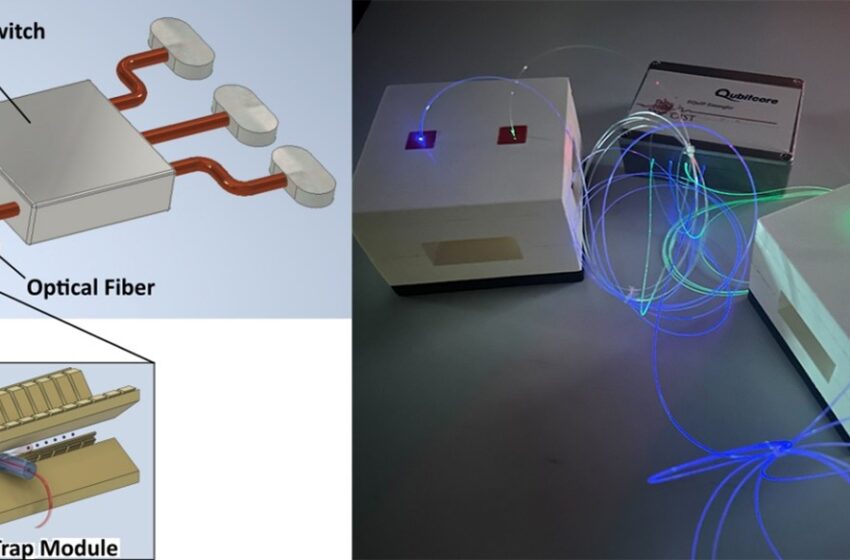

Qubitcore Secures Pre-Seed Funding to Advance Japan’s Ion-Trap Quantum Computing Breakthroughs
OIST spin-out Qubitcore raises early-stage funding to build scalable, fault-tolerant quantum computers using distributed ion-trap and photonic technologies.
Qubitcore Raises Pre-Seed Round to Propel Distributed Ion-Trap Quantum Computing in Japan
YOKOHAMA, JAPAN Quantum computing startup Qubitcore Inc., spun out of the Okinawa Institute of Science and Technology (OIST), has closed its pre-seed funding round, led by Lifetime Ventures. The capital will accelerate Qubitcore’s development of scalable, fault-tolerant quantum computers using an innovative distributed ion-trap architecture.
In conjunction with the funding, it has signed an exclusive licensing agreement with OIST to access core intellectual property from its Experimental Quantum Information Physics Unit, enabling the company to build on the cutting-edge ion-photon entanglement work led by Assistant Professor Hiroki Takahashi.
Pioneering a Distributed Quantum Architecture
It’s platform is designed to overcome the scalability challenges of traditional quantum systems. It integrates modular ion-trap quantum processors with optical cavities and photonic interconnects, allowing remote entanglement between quantum modules. This architecture forms the basis for fault-tolerant quantum computing, unlocking potential for 1,000+ qubit systems in the future.
“This milestone represents a significant step toward commercializing Japan’s first domestically developed ion-trap quantum computer,” said Ryuta Watanuki, Founder & CEO of Qubitcore.
“We’re committed to translating research into systems with real-world impact.”
Multi-Phase Roadmap: Toward a 1,000-Qubit-Class Future
With this funding, Qubitcore will:
- Procure experimental hardware for ion-trap module prototyping
- Recruit key R&D talent
- Pursue quantum error correction testbeds by 2028
- Showcase second-generation interconnect prototypes by 2029
- Aim for commercial deployment by 2030
The company will complement equity financing with non-dilutive support, such as grants from Japan’s NEDO and other innovation funds.
“This evolution from photonic ion-trap research to societal implementation is deeply meaningful,” added Hiroki Takahashi, Qubitcore Co-Founder and OIST researcher.
Supporting a National Quantum Vision
It’s launch comes amid Japan’s broader investment in quantum computing, including the Moonshot R&D Goal 6 initiative, which has allocated JPY 148 billion (USD 1 billion) to develop a fault-tolerant universal quantum computer by 2050.
“Japan’s expertise in photonics, backed by strong national policy, positions Qubitcore to make global impact,” said Ryosuke Kimura, General Partner at Lifetime Ventures.
About Qubitcore Inc.
Based in Yokohama, with an R&D center at OIST in Okinawa, it is developing a next-gen quantum computing platform based on distributed ion-trap modules linked through photonic networks. The company’s goal is to commercialize Japan’s first scalable, fault-tolerant quantum computers with practical use cases in science, security, and industry.




